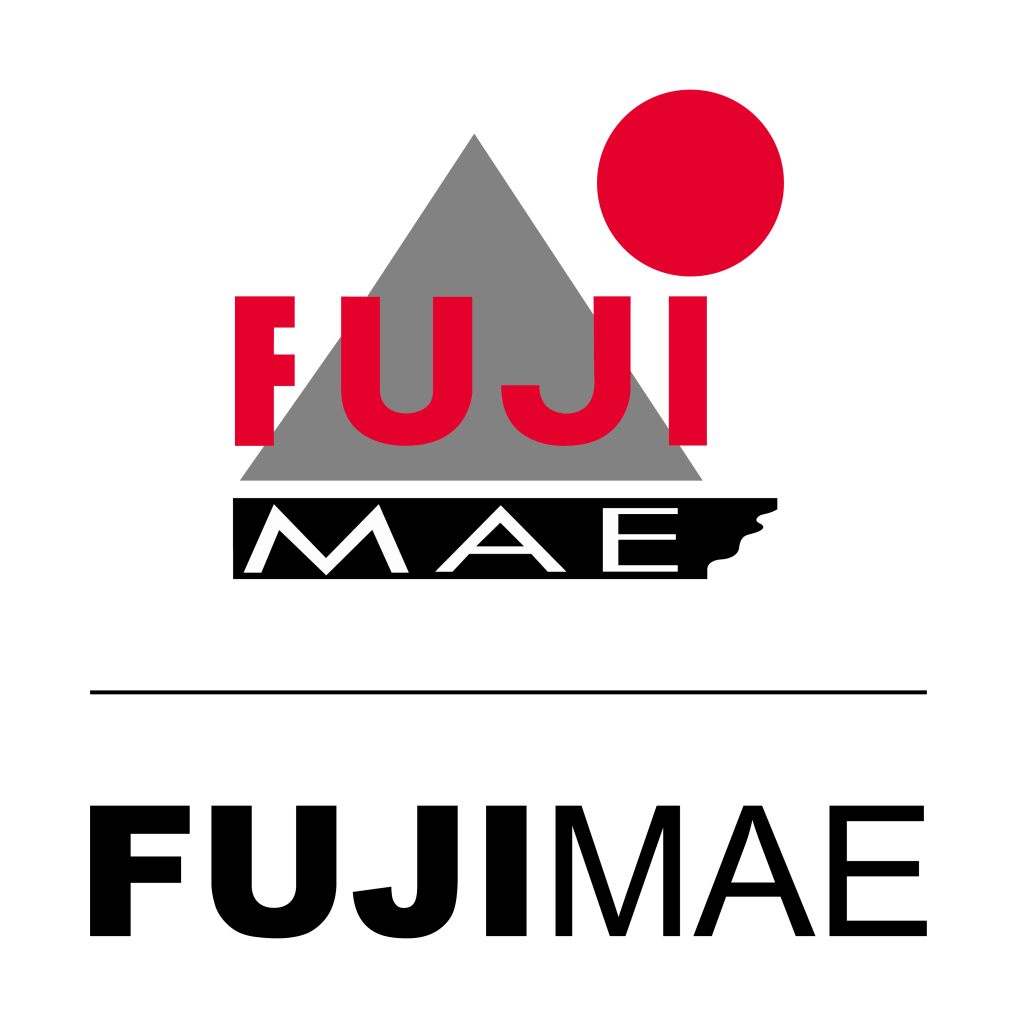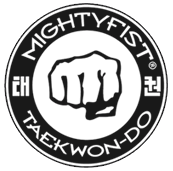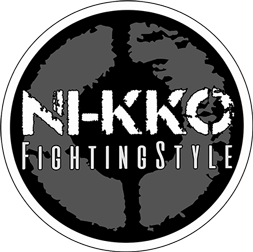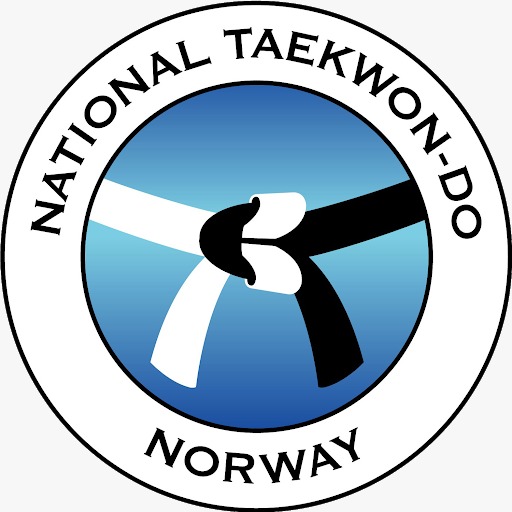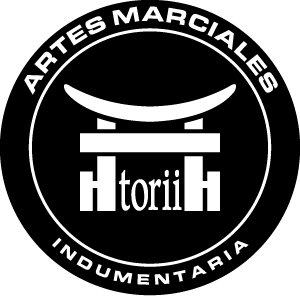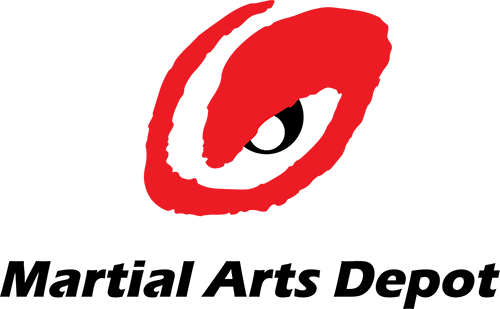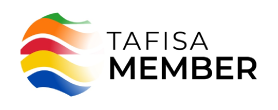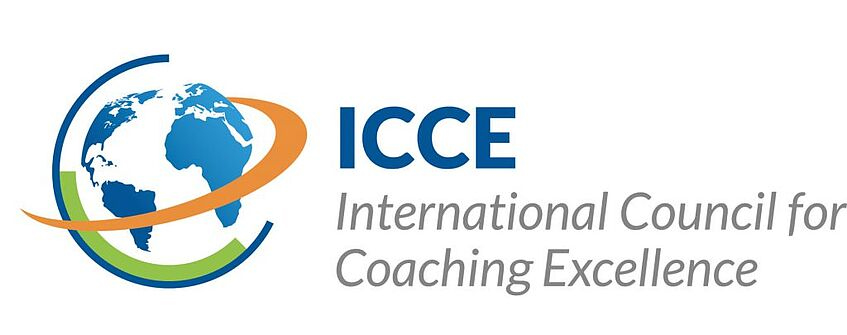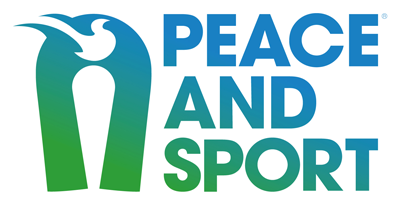Firmly Committed To The Development Of Democratic Operations At The ITF

The Student’s Oath is of great importance for all Taekwon-Do practitioners. We pledge to work to build a better society where peace, freedom, and justice will prevail. This is the basic principle of Taekwon-Do.
We have good intentions, but we need to start by putting our own “house” in order. Each member of your ITF team firmly believes that by establishing a democratic process within our organization, we will be able to advance toward our goal of building a better society. This is why, as I have written repeatedly, the ITF must belong to its members, and work with and for its members. Even before I became President of the ITF two years ago, I had given a lot of thought to this fundamental principle and to how it could be applied in the ITF.
I believe that respect for the dignity and the rights of all individuals – remember thatcourtesy is the first element in the tenets of Taekwon-Do – is essential to reach these goals. This is why I chose to introduce democracy as a guiding principle for the governance of the ITF. Your ITF team has worked very hard to modernize the Constitution and to develop By-Law No. 1 . We have introduced a number of Policies that are consistent with the principles of democracy.
The concept of democracy is generally considered to be foreign to the martial arts, including Taekwon-Do, and is often misunderstood. Some individuals believe there is no place for democracy in Taekwon-Do. Some think they should be able to do whatever they want. This is why I have decided to focus on democracy in this message to you.
My goal is to provide the information you need to understand what democracy is all about and why the ITF has decided to rely on democratic principles to govern its organization and as a tool for solving internal problems. In order to do this successfully, we have a plan, a strategy, and a calendar to realize it. We are not simply improvising. We do not use the word “democracy” for meaningless propaganda. This is not just idle talk.
The ITF team is seriously committed to the development and implementation of democratic operations in the organization.
What is a democratic system?
A great deal has been written about democracy, and the history of democracy as a political system goes back very far in history.
“Sometime around [year] 1200 a group of mountain folk managed to throw a wooden bridge across the Reuss River in the gorge where it hurtles through the Alps. Before long the track filled with trains of mules bearing goods from the plains of Italy north to Germany. Princes began to notice the peasants and herdsmen who lived in the valleys along the new trade route. What the princes saw was a form of governance so bizarre as to seem unworkable, so unfamiliar that they scarcely knew what to call it. Many since have called it democracy.”
“Never at War – Why Democracies Will Not Fight One Another”
by Spencer R. Weart, 1998, page 9.
The concept of democracy has become popular because it has led to an improvement in the quality of life for the citizens in the many countries where democratic governments have been introduced. This system tries to avoid arbitrary decisions and abuse of authority. It has been implemented as a political regime in many countries and as a system of governance in many organizations.
In a democratic system, the citizens or the members have the following rights:
- the freedom to select their leaders through a fair process of elections;
- the freedom to express their opinions without any risk of reprisals;
- freedom of the press and access to information, to ensure transparency;
- a government and leaders who operate under the Rule of Law – with a Constitution, Laws, an independent judiciary, etc. – to ensure fairness and justice for all;
- the possibility of amending existing rules and regulations by expressing their opinions through their elected representatives.
However, democracy is not absolute or perfect. It has its limits. It is not permanent, and it must always be monitored. Unfortunately, the human tendency is often to seek power at the expense of others.
How does the democratic system work in the ITF and its affiliated organizations?
The ITF Context:
- In the past, I had the opportunity to participate in the resolution of conflicts within the ITF, and I was mandated by General Choi to conduct missions in different parts of the world. I came to realize that the development of the ITF as a professional international martial arts organization would require a clear vision and a solid legal framework, that its operations would have to be both democratic and effective;
- The ITF definitely has an excellent product, but our organizations, at all levels from local to international, need to work continually to improve our operations. It is essential that all members be allowed to exercise their rights and to participate actively without discrimination;
- The application of the concept of democracy is new to the ITF, and we need work to develop it. Democracy cannot be purchased or owned;
- The members of your ITF team have worked very hard to modernize the ITF Constitution, based on the principles of democracy. The Constitution became our first official democratic tool;
- Since the election of the ITF Board of Directors in Warsaw (Poland) in June 2003, we have gradually built, structured, and developed a democratic mode of operations;
- The ITF Congress constitutes the supreme authority for ITF, but the voting delegates of the Congress are elected by the members;
- By-Law No. 1 clearly defines the democratic principles on which the ITF operates;
- ITF Policies outline the processes by which the By-Laws are applied, to ensure that decisions are fair for all and transparent;
- These tools of democracy are of enormous value; all ITF members must respect and apply them;
- The development and implementation of democratic practices must come first from the ITF, which will then become a model for its affiliated organizations.
We did not invent democracy for Taekwon-Do:
ITF Taekwon-Do has always had the ultimate goal to build a better and more peaceful world where justice and freedom prevail (Charter and Philosophy of Taekwon-Do, p.12-13, p.88-89 of Encyclopedia of Taekwon-Do, volume 1; Student’s Oath, p.170 of Encyclopedia of Taekwon-Do, volume 2).
Our mission is to develop the ITF further, following in the footsteps of our late Founder General Choi Hong Hi.
In terms of values and objectives, Taekwon-Do has always had democratic beliefs. It is now up to us to implement them.
Therefore, from now on we must always make decisions based on the democratic principles of ITF Taekwon-Do, never acting according to our moods or emotions, and we must govern with respect for the rights and dignity of all people.

Master Tran teaching the Do
Is the democratic process compatible with the “Way of the Master”?
According to the traditions of the martial arts, the “Way of the Master” plays an essential role in education and teaching. The Master transmits the right values to the student.
Our organization needs to be well managed, with a structure that is synchronized with the interests of its members and the public. That structure should be based on democratic principles, while the teaching is done according to the “Way of the Master”.
Mutual respect between the democratically-elected ITF leaders and the Grand Masters, Masters, and seniors, each in his respective role, will ensure harmony and allow for fruitful relations.
Many provisions in By-Law No. 1 were included precisely in order to favor balance in our organizations and to guarantee the respect of our traditional values, particularly the important relation between the Master and his students.
Over the last two years, I have also been working with competent resources to develop important projects that we will be implementing internationally in the near future. Such projects include a program and booklet about teaching the Do, a booklet on protocol in the Taekwon-Do, and a Code of Ethics. These projects will help to promote good relations among all ITF members and, in particular, the gratitude and loyalty the student owes to his Master.
What are the benefits of a democratic system for the ITF and his affiliated organizations?
- Justice, freedom of speech, stability of the organization.
- Members will be motivated to participate by sharing their ideas and opinions and by becoming involved in the activities of the ITF.
- When people feel they are respected, are involved in the decisions, and know that the organization cares about its members, they develop a sense of belonging.
Some examples of our realizations so far:
- More efficient meetings
How many times have you been to a meeting that seemed like a waste of time?Maybe too many people are trying to talk at the same time. Or perhaps you noticed that some participants are not able to get a word in edgewise. Sometimes a speaker wanders so far away from the topic on the agenda, that you forget what he was supposed to be talking about. And have you noticed that sometimes after a meeting the participants cannot agree on what was, or was not, decided?
To prevent such problems, the Board of Directors and the Chairs of the Standing Committees have adopted a motion whereby official ITF meetings (Board meetings, Congress meetings, etc.) are to be conducted using parliamentary rules based on the internationally-recognized Robert’s Rules of Order.
These rules provide processes through which an organization, large or small, can work out satisfactory solutions to the largest number of questions in the least amount of time, and do so in a way that is fair for everyone. They are tools designed to ensure efficient, effective, democratic meetings.
More importantly, applying these rules will help us to reach decisions more fairly, particularly concerning bitterly-contested issues.
- A new consultation process
Recently I have discussed with the chairs of the Technical & Instruction Committee, Master Hector Marano, and of the Tournament & Umpire Committee, Master Wim Bos, the necessity of introducing a consultation process. They fully agreed with me that the following procedures will be respected:- Changes to the tournament rules will require a consultation process involving the referees and coaches;
- Standardization of ITF techniques (interpretation and modification) will require a consultation process involving the members of the jury boards for the promotion of candidates to 7th degree and up.
After the consultation process is completed, the analysis of the results of the consultation will be presented to the ITF Board of Directors, along with recommendations for changes when appropriate.
This will ensure a transparent process and will give concerned ITF members the opportunity to be heard.
Conclusion
I believe that the above explanations will help you to understand why I am a fervent promoter of democratic practices for the ITF.
I hope that you will also realize that, although we have made significant progress, “Rome was not built in one day!” Your ITF team will continue to work to improve our operations and to develop the ITF as a truly democratic international martial arts organization.
The key factor that will help us complete this noble mission is the support and participation of you, our ITF members.
In conclusion, I would like to quote the words spoken by President Abraham Lincoln on the battlefield of Gettysburg (Pennsylvania) on November 19th 1863, during the American Civil War, a war that was fought to promote democracy:
“It is rather for us to be here dedicated to the great task remaining before us, […] that the nation shall […] have a new birth of freedom, and that this government of the people, by the people, for the people, shall not perish from the earth”.
Sincerely yours,
Quebec City (Canada) – May 17th 2005
Master Trân Trieu Quân

President


